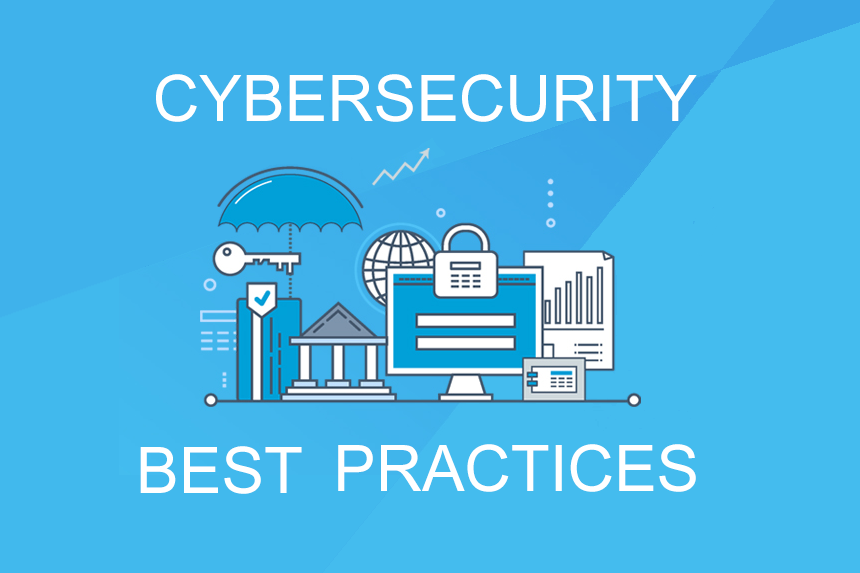
As the world is rapidly transitioning with the rhythm of the digital revolution, mechanical and analogue devices are becoming obsolete. These outdated devices are quickly being replaced by newer and more efficient digital technologies. Companies who survived this transition most likely made the necessary adjustments to upgrade their systems to use the best business management software and realign with the demands of the e-commerce market. By doing so, they took full advantage of the new innovations of the digital revolution and at the same time kept up with the competition.
Shifting from a physical store to an online ecommerce store can be challenging, but if you want your business to survive the digital revolution, it is absolutely essential. Once you have made the leap, the next challenge is how to keep your data safe, protected and secure from online hackers. Data security is a vital function of any online business because it protects your system against unauthorized access, information theft, data breaches and data exposure. It also makes sure that the protected information is in compliance with regulatory laws.

Today, there are a number of great products and services to choose from. It is not easy to figure out on your own which ones are useful, which ones are difficult, and which are a must have.
Here are four methods to increase your cybersecurity to protect your e-commerce business.
1. Password Manager
Solid cybersecurity starts with strong passwords. Today, it is recommended that your password be a minimum of 16 characters in length and contain a combination of letters and numbers and symbols - and you should not reuse passwords. This is difficult and of course you feel tempted to reuse the same passwords from other accounts. Sound familiar?
A password manager solves this problem and saves passwords for you and sometimes, generates new ones. The security works across multiple devices and uses verification codes sent to your cell phone or email account. This increases your security and protects your valuable information.
2. Consult with Experts on Data Security
Cyber-crimes are a growing threat to the world of e-commerce and business owners are at risk of having their computer systems hacked. A hacked system could result in losing customer data, missing valuable information, and could lead to the forced shutdown of your entire website and services. This could be a nightmare for any business owner.

Since your data is stored online, there are many options for keeping data safe. You can hire consultants with a master's degree in cybersecurity or other certifications to help strengthen your data security. A master's degree in cybersecurity means these consultants will have technical skills and industry-relevant certifications like CISSP, ECSA, ECES, CISA, CCSP, Splunk Core Certified Power User, to name a few, which brings with it a certain level of competence you probably didn't already have in the business to fight against any possible cyber threats.
3. Use the Cloud
Storing data on your hard drive is the familiar way, but now, storing data in the cloud is the modern way to do business. If you have ever sent an email, watched a movie on the internet, or saved a document in Google Docs, these are various forms of cloud services. Now, you can also use the cloud services to save your business data so that it is accessible to you, your staff, and business partners anytime anywhere.

Using the cloud comes with many benefits:
- Data is safer compared to being stored on your hard drive
- Hard drives can break resulting in losing your data, while cloud services cannot virtually break
- You can access your files anywhere so long as you are connected to the internet
- Built-in firewalls that protect against cyber-attacks and filter out suspicious traffic
- Back-up redundancy of your data, which means a back-up of your back-up located in different data centers just in case of a server failure
4. Create a Cybersecurity Plan
Now that your business is on the internet, make a customized plan using online tools, products and services that is specific to your Cybersecurity needs. Some examples include upgrading your website to be user friendly but anti-fraud, accepting credit cards and online payments securely, and including various certifications that legitimize your authenticity.
The digital revolution is here and protecting your business means knowing the biggest threats and how to protect your investments against them. The key lies in strengthening all levels of cybersecurity by using a password manager, investing in data security consultants, transitioning to the use of storing data in the cloud and creating a robust Cybersecurity plan.
Do you own a small business that is looking at going more digital? Have you considered your cybersecurity situation? Tell us about your concerns and solutions.







